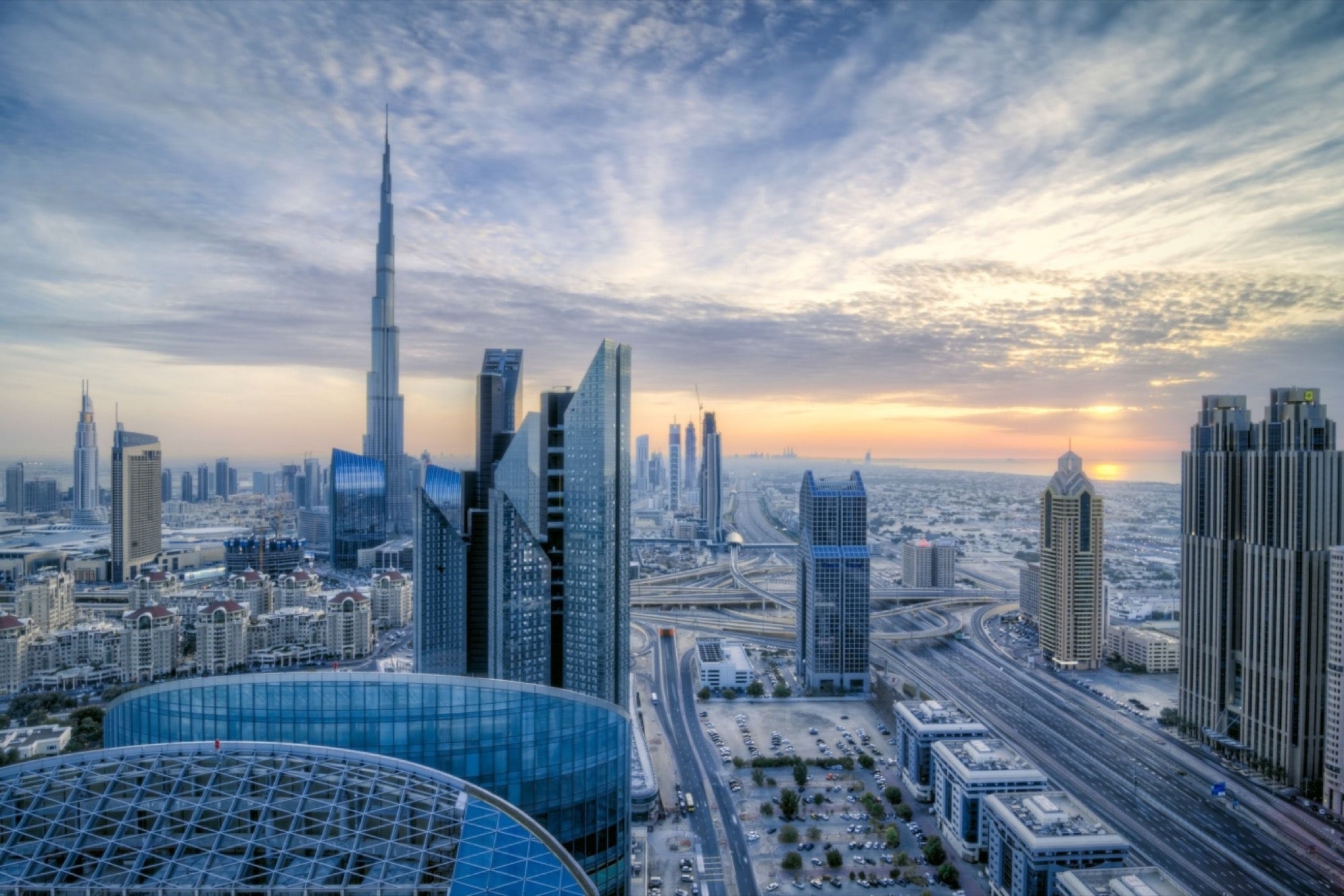The Year Ahead: A Viewpoint On Accelerating Entrepreneurial Ambitions In The UAE The UAE can build the next wave of tech unicorns in the world, but that needs a longer-term mindset.
Opinions expressed by Entrepreneur contributors are their own.
You're reading Entrepreneur Middle East, an international franchise of Entrepreneur Media.

As someone who has been following the story of the now one-year-old e-commerce enteprise, Noon, for a while now, I have my thoughts on about what its inception indicates about the startup ecosystem in the UAE- which is that it is the second priority.
Companies, most of the time, start small. The story usually goes that a founder becomes possessed with an idea, begins in a basement somewhere, and then gets cracking. Most fail, because the odds of success are low, and it is just plain hard.
But Noon happened the other way around, kicking off with a casual US$1 billion-dollar investment to get them on their way.
Fast forward to now, and Noon have had one too many CEOs, lockers in some very prominent buildings, and quite a few branded Emaar skyscrapers. However, is the brand as loved as Souq? I'd say, not yet, and that's for quite obvious reasons: Souq grew organically; it was a startup in the truest form.
The injection of funds into Noon shows Dubai's ambition in wanting to create the biggest, slickest, and most talked about attractions. However, I believe it also represents something short-sighted- could the $1 billion have been injected into the startup ecosystem in the UAE to build companies of the future, organically?
I myself had to leave the UAE to give my startups the best chance possible. When Noon happened, I immediately thought that access to funding will be difficult here, and yes, so it was. I moved to London where funding was available across the spectrum, and mentorship was really accessible.
In a broad sense, the UAE has two types of available capital: incubator/pre-seed funding and venture capital. The first type refers to the lower level capital to get your idea off the ground and test it, and, indeed, Dubai has a great number of incubators (DTEC, Intelak, TechStars are just a few that come to mind) to accelerate the beginning of your journey.
The second type of funding comes in once you have established product-market fit– that is, your business plan works, your business has found its place in the market, and the money is invested to fast-forward a working plan, and multiply the valuation. Wamda Capital, MEVP, and BECO are example of funds who invest at this level.
But what about the money in the middle? That type of funding hardly exists in Dubai. In order to make it as a startup, you need capital along ever bit of the growth journey, not just at the bookends. Excitingly, this means that there is a gap in the market for a fund (or two) to establish a seed capital footing, challenging the status quo.
What may seem paradoxical, is that the UAE is one of the most ambitious nations in the world, but that ambition may be crippling entrepreneurial ambition. Capital is either deployed early or late, meaning success stories are often few and far between- the UAE has only recorded one unicorn so far, i.e. Careem.
Successful startups work like in a virtuous cycle. The more companies that do well in the UAE, the more mentors there will be to coach the early stage companies, and the talent therefore sticks to the region. What is currently happening is the best companies are starting in places like Berlin, London, and San Francisco.
What would I love to see in 2019? The next $1 billion to be deployed only to companies with a valuation of under $2 million, through a new fund perhaps created by the government.
Dubai has shown true gumption in building a smart, metropolitan and exciting city. Startups, however, need time, mentoring and organic growth to reach those parallel heights. It's important that UAE gumption not lead to short-sightedness. If the they play their cards right, the UAE can build the next wave of tech unicorns in the world, but that needs a longer-term mindset.
Related: Debate Time: Noon, Mohamed Alabbar, And The MENA E-Commerce Landscape










